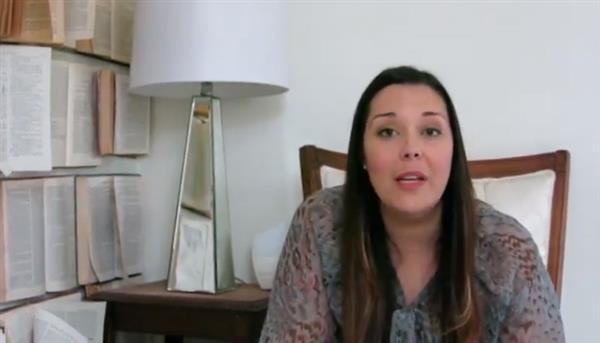The Basics
Know what type of cancer you have
One in eight (8) women will develop breast cancer in her lifetime. How do you know how likely you are to be that one? It may help to consider the different categories of breast cancer.
Sporadic breast cancer is the most common type:
- It occurs due to factors including the aging process, hormone history and chance.
- Sporadic breast cancers typically occur at later ages and in women without a strong family history of cancer.
- Having a family history of sporadic breast cancer is unlikely to influence your risk of breast cancer very much.
Familial breast cancer:
- Occurs when the factors discussed before combine with multiple genetic factors shared within families.
- In families with this type of breast cancer, more women on one side of the family develop breast cancer than we would expect by chance.
- The diagnoses may be later in life, and the family history of cancer is not striking enough to suspect a single underlying hereditary condition.
- If you have a family history of familial breast cancer, you may be at higher risk than the average woman to develop breast cancer.
Hereditary breast cancer:
- Occurs when there is a single hereditary cause for breast cancer in an individual or family. Individuals are born with a hereditary condition that predisposes them to breast cancer and potentially other cancers.
- In families with hereditary breast cancer, we may see premenopausal breast cancer, several family members with breast or other related cancers in multiple generations, individuals that have developed more than one primary cancer, and rare presentations of cancer (e.g. male breast cancer). However, not every family is a textbook case and will include every sign.
- Ethnic background can also play a role because there are certain hereditary conditions that are more common in most ethnic backgrounds. For instance, one (1) in 40 Ashkenazi Jewish individuals have Hereditary Breast and Ovarian Cancer (HBOC) related to the BRCA1 and BRCA2 genes.
- If you have a family history of a hereditary condition that predisposes individuals to breast cancer and are found to have that condition, you may be at relatively high risk to develop breast cancer in your lifetime.
It may be helpful to see a genetic counselor if you have a personal or family history of cancer. He/she can analyze your medical and family history and determine which cancer category your family appears to fit into.
If hereditary cancer is suspected, genetic testing may be helpful. Genetic testing technology has evolved rapidly, and your genetic counselor can determine whether genetic testing is appropriate, identify the best person in the family to test, and discuss the pros and cons of multiple genetic testing options.
Your genetic counselor will let you know whether increased cancer screening or cancer risk-reducing options would be appropriate for you and your family based on genetic test results and/or family history. - Meagan Farmer, MS, CGC, Director of Cancer Genetic Counseling, University of Alabama at Birmingham
Useful Websites:
National Society of Genetic Counselors/Find A Genetic Counselor:
Explore Your Genetics
The Choice To Get Tested:
Videos to Watch:

Breast Cancer Risk and Genetics
In the Breast Cancer Risk and Genetics session, Meagan provides an in depth look at the role genetics plays in our chance of developing breast cancer. She explains what genetic counseling is and provides an in-depth look at the overall process.
watch video

Genetics: Overview Of What It Is & Why It Is Important
Dr. Mary Kathryn Rodrigue discusses why it is important to talk to your medical staff about genetic counseling and seeing if you are at risk for certain diseases or other types of cancers.
watch video